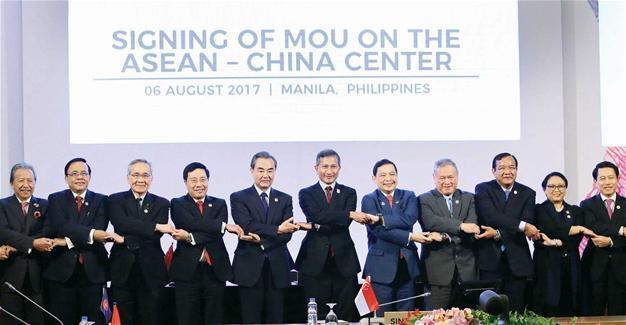North Korea rejects talks on nuclear arsenal development
MANILA – Agence France-Presse
 North Korea angrily insisted tough new United Nations sanctions would not stop it from developing its nuclear arsenal and warned yesterday that it would not negotiate while being threatened by the United States.
North Korea angrily insisted tough new United Nations sanctions would not stop it from developing its nuclear arsenal and warned yesterday that it would not negotiate while being threatened by the United States.The message of defiance was the first major response to the U.S.-drafted sanctions that the U.N. Security Council unanimously approved over the weekend that could cost North Korea $1 billion a year while restricting crucial economic links with China.
The sanctions were a “violent violation of our sovereignty,” Pyongyang said in a statement carried by its official Korea Central News Agency.
“We will not put our self-defensive nuclear deterrent on the negotiating table” while it faced threats from Washington, it said, “and will never take a single step back from strengthening our nuclear might”.
North Korea threatened to make the United States “pay the price for its crime... thousands of times.”
The statement came as North Korea’s Foreign Minister Ri Yong-Ho was in the Philippine capital of Manila for a security forum with the top diplomats from the United States, China, Russia and other Asia-Pacific nations.
U.S. Secretary of State Rex Tillerson ruled out yesterday a quick return to dialogue with North Korea, saying the new sanctions showed the world had run out of patience with Pyongyang’s nuclear weapons ambitions.
Speaking to reporters at the forum, Tillerson said Washington would only consider talks if Pyongyang halted its ballistic missile program.
“The best signal that North Korea could send that they’re prepared to talk would be to stop these missile launches,” he said.
Tillerson held out the prospect of U.S. envoys at some point sitting down with Pyongyang’s isolated regime and avoiding war, although he refused to say how long the North might have to refrain from testing more long-range missiles.
“I’m not going to give someone a specific number of days or weeks. This is really about the spirit of these talks,” he said.
The sanctions were in response to the North conducting its first two intercontinental ballistic missile tests last month that Kim boasted showed he could strike any part of the United States.
Tillerson’s remarks followed a rare exchange on Aug. 6 between Ri and his South Korean counterpart, Kang Kyung-Wha, at a dinner to welcome all the foreign ministers. Kang urged Ri to accept Seoul’s offers of military talks to lower tensions on the divided peninsula and for discussions on a new round of reunions for divided families, according to South Korea’s Yonhap news agency.
But Yonhap reported that Ri retorted: “Given the current situation in which the South collaborates with the US to heap pressure on the North, such proposals lacked sincerity.”
US President Donald Trump and his South Korean counterpart, Moon Jae-In, spoke on the phone on Augb 6 and agreed the North “poses a grave and growing direct threat,” according to a White House statement.
Trump later took to social media to hail the vote, thanking Russia and China in a Twitter post for backing the sanctions that either could have halted with their U.N. veto.
US, allies slam Chinese island-building
The United States, Australia and Japan denounced yesterday Beijing’s island-building and militarization of the South China Sea, in contrast to the increasingly tepid response from Southeast Asian nations over the festering issue.
China claims nearly all of the sea, through which $5 trillion in annual shipping trade passes and which is believed to sit atop vast oil and gas deposits.
Its sweeping claims overlap with Vietnam, the Philippines, Malaysia and Brunei - all members of the 10-nation Association of Southeast Asian Nations (ASEAN) bloc - as well as Taiwan.
But in recent years Beijing has managed to weaken regional resistance by courting some ASEAN members.
On Aug. 6 Beijing scored a coup when ASEAN ministers issued a diluted statement on the dispute and agreed to Beijing’s terms on talks during a security forum which the bloc is hosting in Manila.
China insists that a much-delayed code of conduct between it and ASEAN members over the disputed sea must not be legally binding, a demand to which Southeast Asian countries have so far acquiesced. But in a joint statement after their foreign ministers met on the sidelines of the same gathering, the U.S., Japan and Australia delivered a rebuke to Beijing.
















